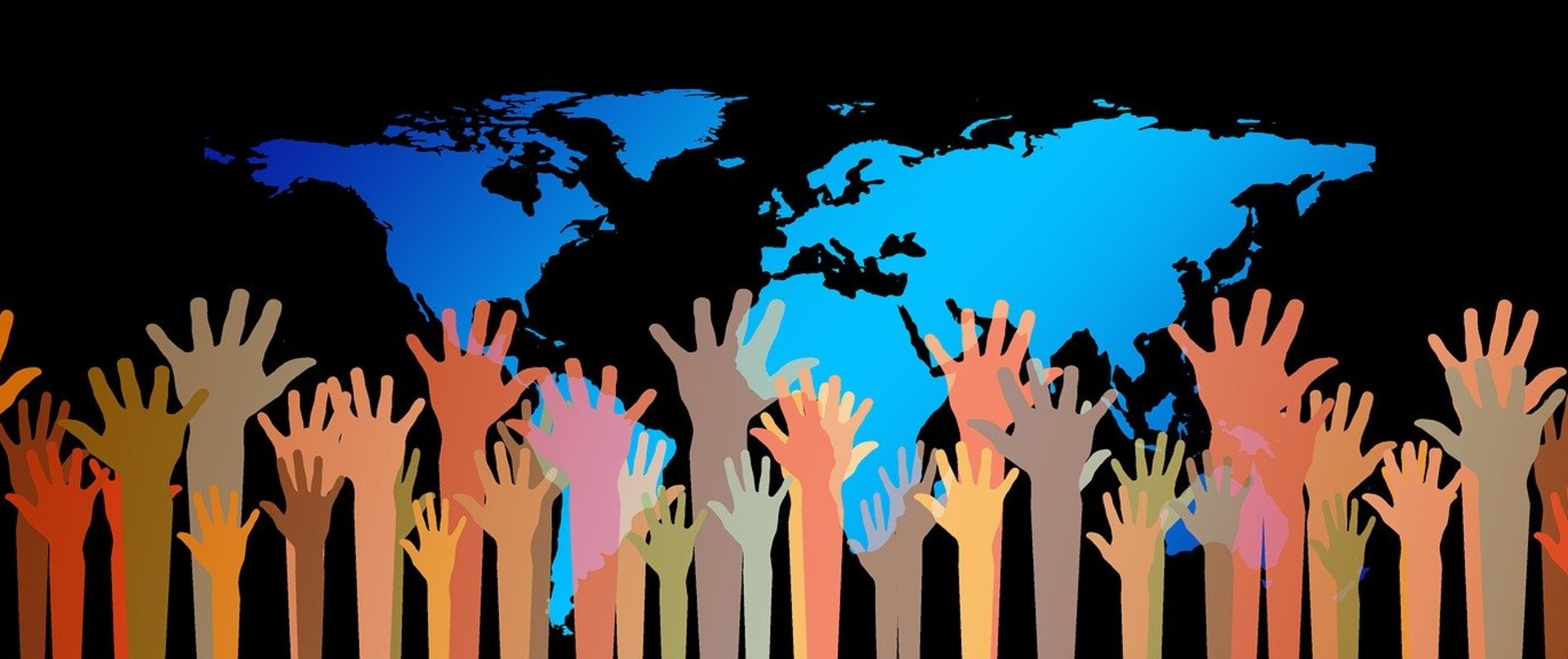
The role of the Policy Division is to promote national health policies, public awareness and public advocacy related to the mental health of children and adolescents, and to increase the standing and authority of the Society in Europe and in the European Union.
Current programs and projects:
- ESCAP policy statements on global and European issues
- Patient and Public Involvement
- Organising policy debates for future ESCAP congresses
- Sustainable development goals (SDG's) of the UN as a policy framework
- Research calls for SARS-CoV-2 e.g. Horizon 2020 and national calls
- Policy survey
A youth delegation was invited to participate at the ESCAP Congress 2022 which took place in Maastricht. Following the congress, Amélie Galladé, a member of the Swiss Youth Delegation, and Matthias Köster, child and adolescent psychiatrist, reflected on the experience. In their dialogue, they are highlighting the importance of involving young people in discussions and policy making in the mental health arena. Read it here.
Articles
Resources, positional statement and webinar on the impact of war on children - Ukraine war
In May 2022, the McKinsey Health Institute (MHI) surveyed 6,000 Generation Z respondents across 10 European countries to understand their views on mental health. First insights were presented at the 2022 ESCAP congress in Maastricht. The study is now available. Read more
Below are some articles related to policy issues in Europe. Other articles can be found in the Resource pages.
Division Chair Prof Maja Drobnič Radobuljac

Division Co-Chair Prof Robert Vermeiren
July 2025
Reflections on the 2025 ESCAP Congress by Maja Drobnič Radobuljac
March 2024
ESCAP releases mental health policy positions ahead of European Parliament Elections 2024
December 2023
Statement of the ESCAP Board: Stop the humanitarian crisis in Gaza - Ensuring the basic needs of children
October 2023
Response to the EU Commission consultation on Integrated Child Protection Systems in the EU
June 2023
Involving youth peer support workers in child and adolescent psychiatry
May 2023
ESCAP endorses "Mental Health in All Policies Approach Statement"
February 2023
Trauma and recovery after natural disasters
December 2022
The impact of war
February 2022
War hits children first
12/12/2023 EU Parliament adopts resolution on mental health
MEPs adopted their recommendations on prioritising mental health, as an integral part of a person’s health, in EU and national policies. MEPs call on the Commission to draw up a long-term, comprehensive and integrated EU Mental Health Strategy. Member states should develop corresponding national strategies with clear timelines, adequate budgets, concrete targets and indicators to monitor progress. Click for an overview of key issues relation to the mental health of children and adolescents.
30/11/2023 EU Council Conclusions on Mental Health
In its conclusions, the Council highlights the importance of addressing mental health and well-being in different contexts in the life course, which benefits both individuals and societies. The conclusions invite member states to elaborate actions plans or strategies with a cross-sectoral approach to mental health, to ensure access to timely, effective and safe mental health care and to act across a wide spectrum of areas, sectors and ages. Suggested actions aim to prevent and combat mental health problems and discrimination, while promoting wellbeing.
07/06/2023 EU Commission launches new comprehensive approach to mental health.
This approach is a first and important step to put mental health on par with physical health and to ensure a new, cross sectoral approach to mental health issues. With 20 flagship initiatives and €1.23 billion in EU funding from different financial instruments, the Commission will support Member States putting people and their mental health first.
06/06/2023 Insights from first EU-wide loneliness survey
The survey was conducted in 2022 on more than 25.000 respondents by the Joint Research Centre (the science and knowledge service of the EU Commission) in partnership with the Directorate General for Employment, Social Affairs and Inclusion. According to the data, approximately 13% of respondents report feeling lonely most of the time or all of the time. Young people were found to have a higher incidence of loneliness compared to older generations.
Below are articles that have been published in recent years and relate to policy.
Patrick McGorry: “Early treatment is bending the curve of outcome” published for ESCAP 2017 Geneva Congress
Patrick McGorry "Transition to 21st Century Mental Health Care: Early Intervention for Young People with Emerging Mental Disorders"published for ESCAP 2017 Geneva Congress
Child and adolescent psychiatry in Greece during the crisis: a brief report. by Dimitris C. Anagnostopoulos, Eugenia Soumaki. ECAP Journal, Eur Child Adolesc Psychiatry (2013) 22:131–134
The economic crisis in Spain and its impact on the mental health of children and adolescents by Aranzazu Fernández-Rivas and Dr Miguel Angel Gonzáles-Torres. ECAP Journal Eur Child Adolesc Psychiatry (2013) 22:583–586
Norman Sartorius’ fight for the improvement of child psychiatry: In the army
Norman Sartorius: Mental health care for children and adolescents in Europe: challenges and future perspectives article and interview from ESCAP 2015 Madrid congress
Joaquin Fuentes: “Embed the community into the congress and the congress into the community” AEPNYA and AACAP joint congress 2016
Brendan Doody: No strength without unity.
Füsun Çuhadaroglu: “Policy programming will make us stronger and more effective”
William W. Patton: Involving child psychiatrists in public policy ESCAP Congress 2015 Madrid